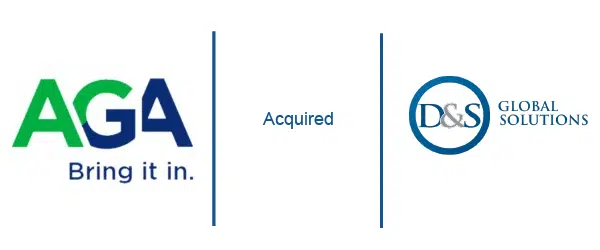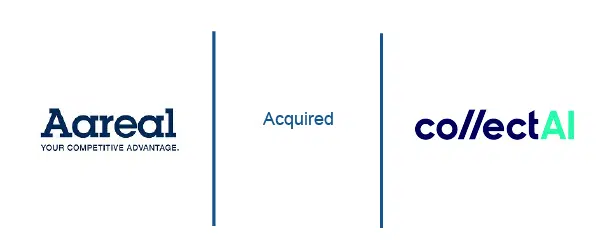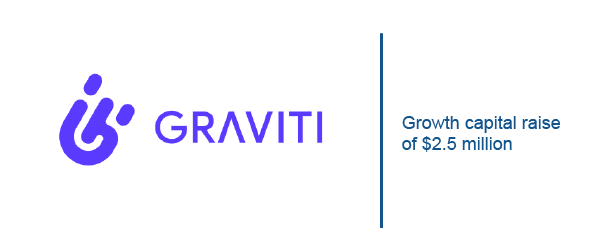Low Charge Off Volumes at Historic Lows Coupled With Regulatory Overview Leading to Market Dynamics
By CAS April, 2022
Throughout Q1 2022, the Accounts Receivable Management industry experienced reduced M&A volume when compared to Q4 2021 and Q1 2021, by both the number of deals completed and the deal volume per CAS. The ARM industry is weathering a period of reduced placements, a difficult macro-economic environment, and new regulatory and legislative challenges. As such, most companies have been focused on internal operations and less focused on inorganic growth. However, the situation should improve over the coming months given the underlying impacts on the broader economy.
Across various asset classes, there are pressures on the placement volumes that third-party collection agencies would receive. In the healthcare/medical debt vertical, the White House issued a statement regarding their “new actions to lessen the burden of medical debt and increase consumer protection”. The impacts of the Biden Administration statement are still unclear and how the Consumer Financial Protection Bureau (CFPB) will respond, but undoubtedly, one would assume there are pressures coming to the medical system regarding medical debt. The Administration also announced they are “providing guidance to all agencies to eliminate medical debt as a factor for underwriting in credit programs”, after the three largest credit reporting agencies – Equifax, Experian & TransUnion – announced they were not including medical debts that were unpaid less than a year old, and debts paid or unpaid under $500 as of July 1st, 2022. To note – this change only impacts medical debt, not any medical debt paid with a loan or credit card. The expansion of medical loans or pointed patient financing may be a growing segment of the extension of credit by providers. CAS cannot forecast the magnitude of the financial and operational impact on ARM companies; it will nonetheless hamper a once useful strategy for agencies.
The banking industry is experiencing historical low charge offs per BankRegData. This speaks to a few interesting observations. Consumers must have more available funds and/or banks must have improved significantly how they underwrite customers. We at CAS think while both may be true, the amount of government spending over the last calendar year is likely having an impact on consumer financial strength, significantly impacting the charge-off volumes. Total outstanding consumer debt is also at an all-time high, per the Federal Reserve Board. If the consumer financial situation changes (i.e. inflationary pressures), there will likely be a large jump in charge-offs/increase and, subsequently, an increase in delinquent debt.
The Student Loan payment moratorium continues until September 1, 2022. This is the seventh time it has been extended. Of equal importance to note, the Department of Education reset the roughly 7 million borrowers in default and plans to restore their accounts to good standing. The loan repayment freeze began in March 2020, which is likely also having an impact on the economy as consumers can prioritize other spending vs. servicing their student loans. There are currently about 43 million federal student loan borrowers, meaning this is a material segment of the economy. CAS will be closely monitoring how the government handles this restart as there are also political pressures heading into a competitive midterm season (just when the moratorium expires). Capital gains increases, which were pondered in 2021, could be a potential bargaining chip for Democrats.
The Bureau of Labor Statistics published that U.S. inflation reached a new four-decade high of 8.5% in March 2022 against March 2021, driven by macroeconomic uncertainty and consumers flushed with credit and demand. Monitoring how inflation is solved by the Fed will be interesting to follow. Increasing interest rates could be a viable solution, but that has its own challenges. Among them relevant to our work is an impact on leverage available, and thus pricing on M&A transactions. We often see buyers pushing to accept further earnout provisions, seller financing, or some creative idea to alleviate concerns. The broader economic challenge will also have an undetermined impact on the ARM industry.
With inflation and interest rate concerns also comes the idea of a pending recession. The last 6 recessions were led by an inverting of the yield curve, which happened on March 31, 2022, for the first time since 2021. While we at CAS do not claim to have a crystal ball on when or how the economy will perform, we feel there are justifications for the consumer’s consumer. Record levels of debt outstanding with record low-interest rates, record-high inflation, and geopolitical instability is a delicate situation for any government/bankers to navigate that we will be watching closely.
CAS recently attended the AFCC debt settlement conference. We view this segment of the delinquency cycle as an interest litmus test for the broader economy. With inflation running rampant and the cost of living increasing for consumers, the enrollment numbers for consumers looking to negotiate/settle debt are increasing. CAS will be monitoring this trend closely as it can potentially be used to forecast future charge-offs and an increase in volume in the delinquency market.
Not all is doom and gloom for the ARM vertical as there is strong strategic buyer demand. As sales efforts have been constrained due to fewer face-to-face meetings, conferences, and COVID-19 restrictions, a lot of sales relationships have been put on pause. As such, organic growth (coupled with lower placements across most asset classes) has been strained and led to a focus on inorganic growth (i.e., via acquisition). The normal first-quarter increase in revenue due to tax refunds was not seen as significant when comparing 2022 to previous years. This is also a strain across the industry, which is understood given the regulatory and legislative pressure being felt by agencies complying with the ever-changing dynamics. Owners of resource-constrained agencies (or creditors’ rights law firms) are enduring a great deal of stress, and in some instances, a discussion with a strategic buyer is worth a consideration. We at CAS anticipate an active M&A market in the second half of 2022 as the dynamics unfold.





